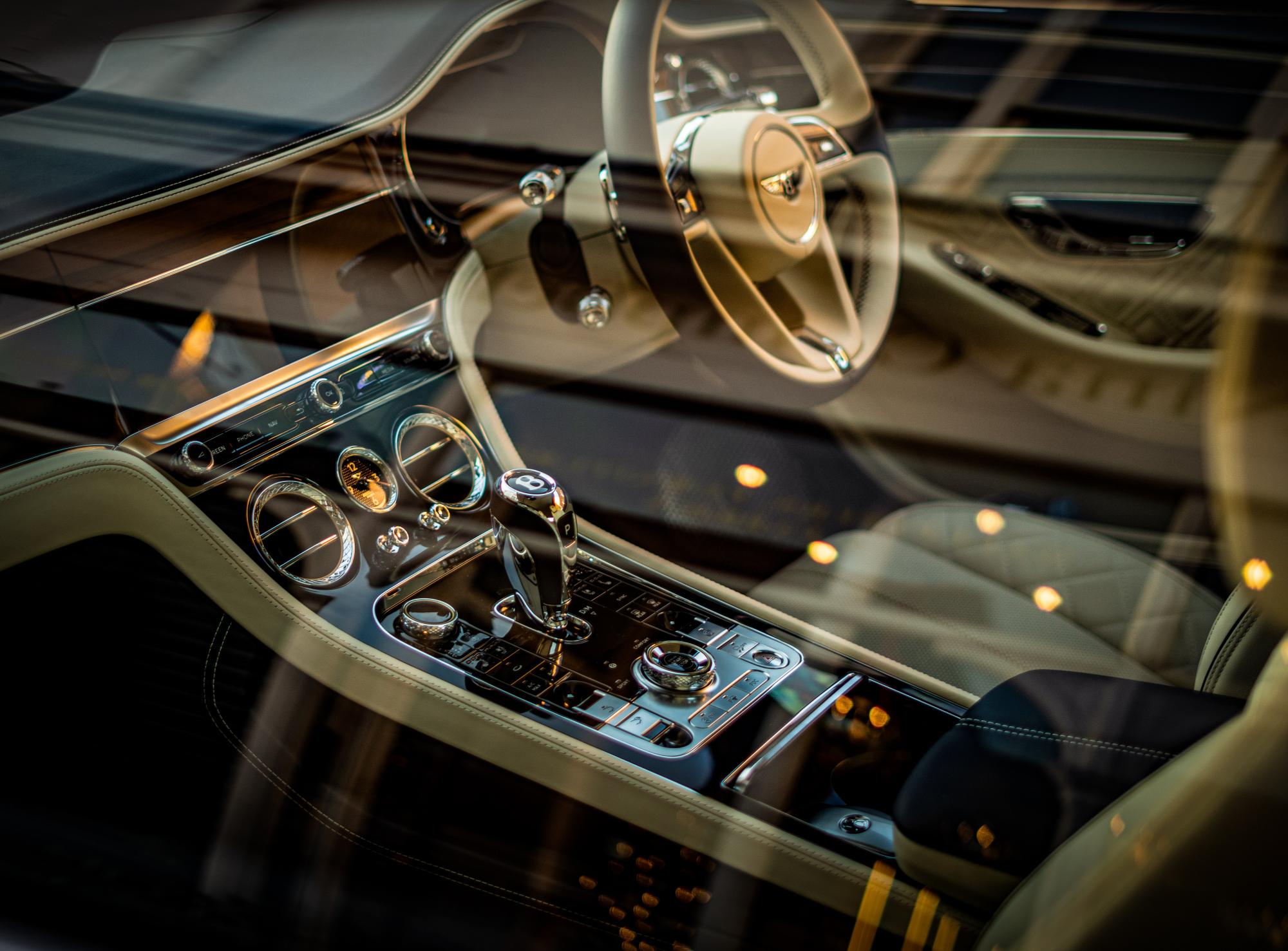Test- FTSE 100 Kicks Off August on a High as BP and Senior Lead Market Momentum
$11
10 Oct 2025, 13:13

Unsplash.com

The last year was difficult for both automobile manufacturers and consumers. While car firms struggled to sustain supply chains and inventory, higher interest rates, persistent inflation, and price increases on fuels and other goods cut household budgets on a monthly basis.
Some premium manufacturers reported record performance, escaping much of the hardship. Bentley delivered 15,174 cars worldwide in 2022, an increase of 4% over 2021. 9,233 Lamborghini vehicles were shipped globally, an increase of 10% over the previous year. Porsche claimed record sales in North America and a 3% increase in global deliveries. In 2017, Rolls-Royce sold 6,021 vehicles, an increase of 8% over the previous year, as rising demand in the Americas offset a fall in China. Customers of the British brand paid on average €500,000 ($537,000) per vehicle, with the majority of customers owning several vehicles.
According to Zack Krelle, senior manager of OEM Analytics at the data company TrueCar, "Luxury sales have been increasing and were up over 3% in 2022”. While the German brands have been regaining sales momentum and ended the year higher than in 2021, Tesla was the undisputed sales leader in 2022. Sales of EVs were a bright point for both companies in 2022, with sales more than doubling from levels in 2021 despite both BMW and Mercedes-Benz having challenging first half that hurt total earnings.
Analysts predict that luxury automobile all-cash purchases will be more common than they have been in decades in 2023, accelerating a trend that started with the Covid-19 outbreak three years ago and will benefit high-end companies.
Wealthy consumers have larger cash reserves due to stock market volatility and the uncertain state of the economy, therefore they are spending more money overall. Near the same time, interest rates on vehicle loans are presently at 20-year highs.
Future consumer behaviour and corporate earnings will be negatively impacted by this tendency in the luxury sector. Dealers for Genesis, Mercedes-Benz, BMW, Infiniti, and Jaguar have already started to try to mitigate the decreased financing income brought on by all-cash sales by making aggressive leasing offers to customers, according to Krelle.
Luxury sales, which accounted for a historically high percentage of the market in 2022—exceeding 18% of the total, per Kelley Blue Book—were the main driver of an increase in new-car costs.
In November 2019, 16.1% of the US market was devoted to luxury goods. In the fall of 2022, the typical buyer spent around $65,775 for a brand-new luxury automobile, while the typical cost of a brand-new non-luxury car was about $48,094.